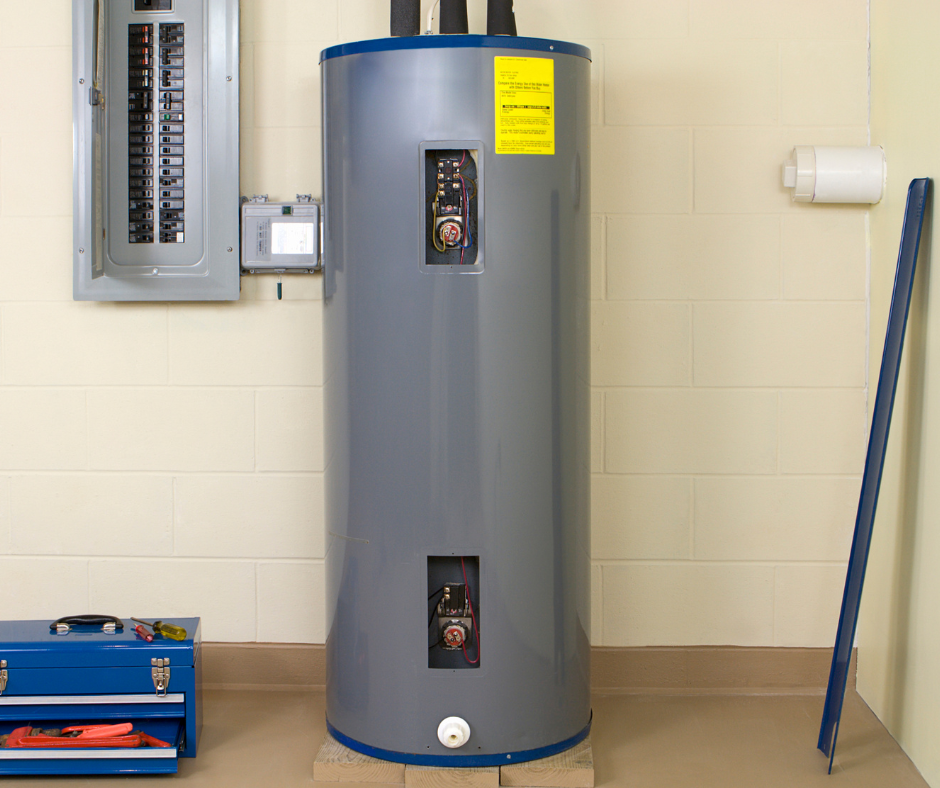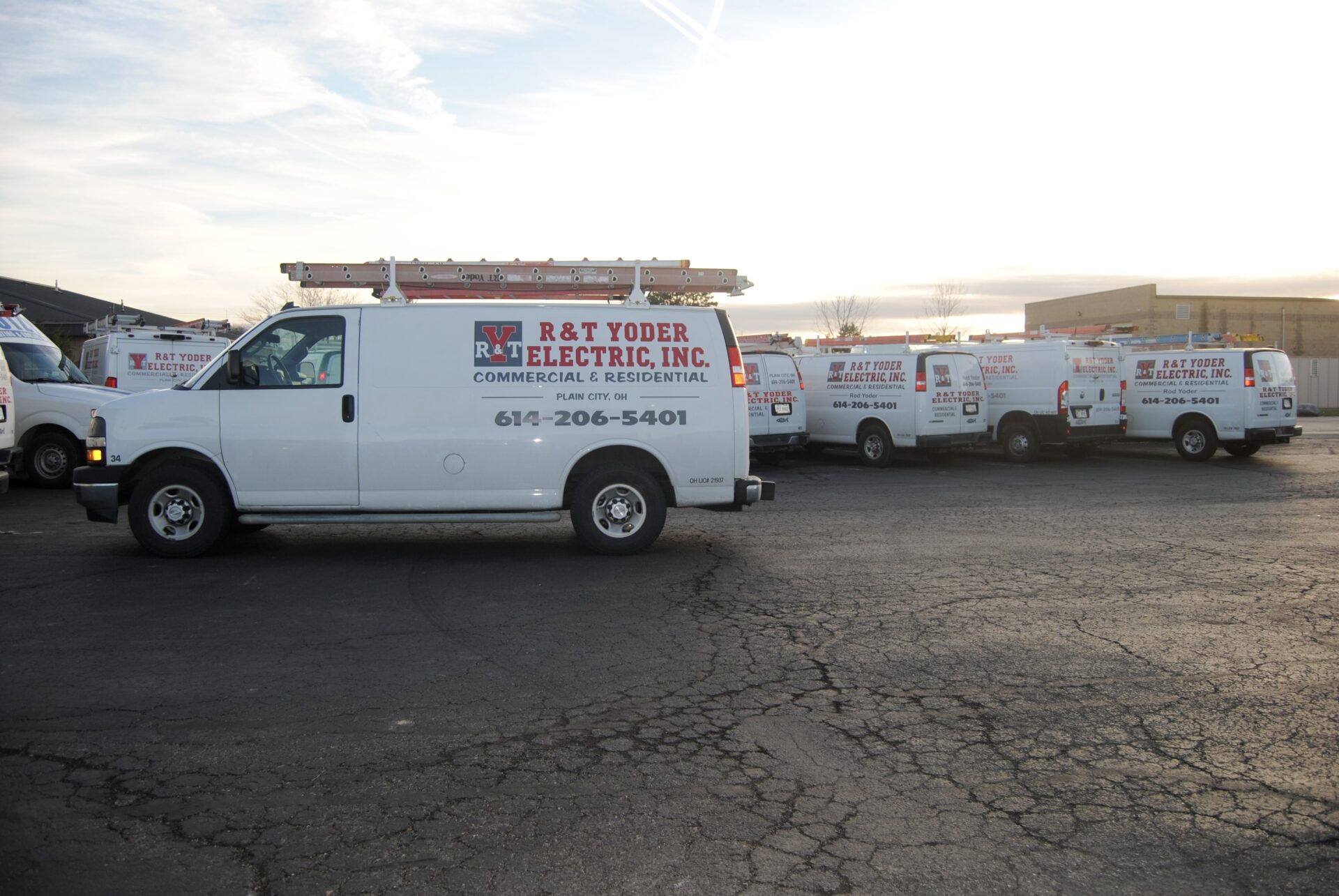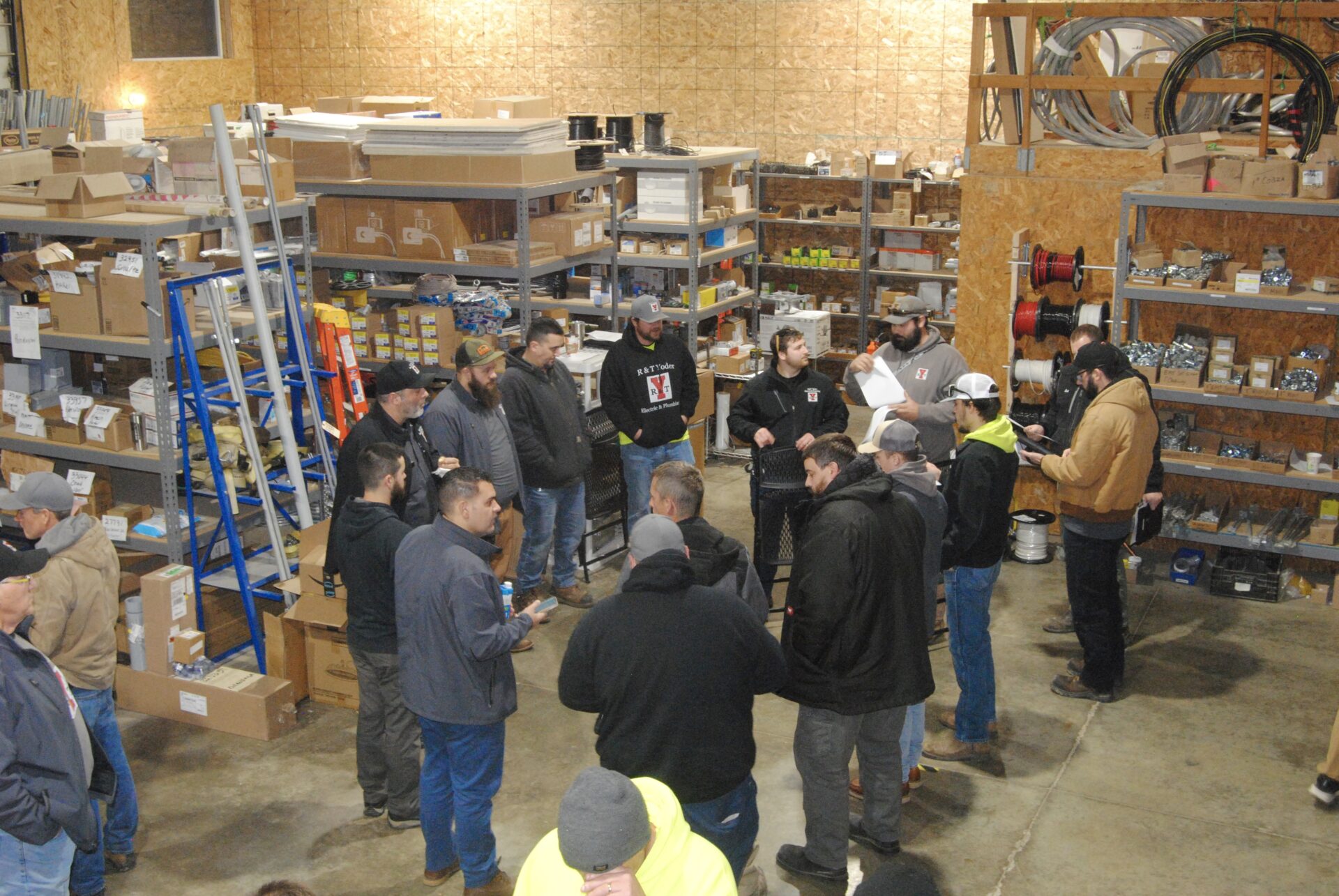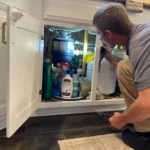Most homes have a water heater that provides hot water for bathing, washing dishes, doing laundry, and cleaning. Understanding how your water heater works and when it may need to be replaced can help you avoid unexpected cold showers or other headaches.
Types of Water Heaters
There are three main types of water heaters: tank, tankless, and hybrid.
- Traditional tank water heaters store a large tank full of hot water, usually between 30 and 80 gallons, ready for use.
- Tankless water heaters heat water only as it passes through the unit, providing a constant supply of hot water on demand rather than taking the time to fill a large tank.
- Hybrid water heaters combine the features of tank and tankless models.
All types use electricity or gas to power internal heating elements or burners that warm the water.
Factors that Decrease Its Lifespan
Over time, mineral deposits from the water building up inside the tank or heating coils can reduce efficiency and lifespan. Internal components like heating elements and thermostats wear out over years of continuous operation.
Sediment collecting at the bottom of the tank can also interfere with performance. Metal components corroding from years of exposure to water and heating can lead to leaks or failures.
Signs you Need A Replacement
There are many telltale signs that point to the need to replace your water heater. These show a gradual decline in the unit’s ability to supply ample hot water for your household’s routine demands.
- Lukewarm or cold water: If you constantly grapple with insufficient hot water, especially during peak usage times, it’s a strong indicator that your water heater may be approaching the end of its operational life.
- Frequent need for reheating: Another noteworthy sign is the need for the water heater to reheat the water between uses. It suggests a decline in the system’s overall performance. This symptom leads to discomfort and may also signify internal issues within the water heater that could affect its efficiency.
- Strange noises: Unusual or rumbling coming from the tank warrant attention. Such sounds often mean sediment buildup at the bottom of the tank. Ignoring these noises may result in decreased heating efficiency, higher energy consumption, and a compromised lifespan for the water heater.
- Wear and tear: Leaks, dents, or corrosion on the tank’s exterior or plumbing connections cannot be ignored. Frequently check for these signs to ensure that your water heater keeps working and can’t cause any disruptions or dangers.
- Age: Tank water heaters older than 8-12 years often reach the end of their reliable lifespans. Tankless models may need replacement sooner, often between 5-8 years. However, regardless of age, if your repair costs start exceeding the amount you paid for the heater, it’s time to get a replacement.
Emergency Water Heater Replacements
Sometimes, a water heater failure may occur unexpectedly. Symptoms include no hot water, flooding, electrical issues, gas leaks, etc. In an emergency, immediate water heater replacement is crucial to restoring hot water service and preventing property damage.
If you suspect your home’s water heater needs to be replaced, contact the trusted local plumbers at Yoder Plumbing. We offer comprehensive water heater services across Ohio, including repair, replacement, and planned installs. Contact us today to schedule an inspection or estimate. Our emergency line is available for urgent issues during regular business hours.











